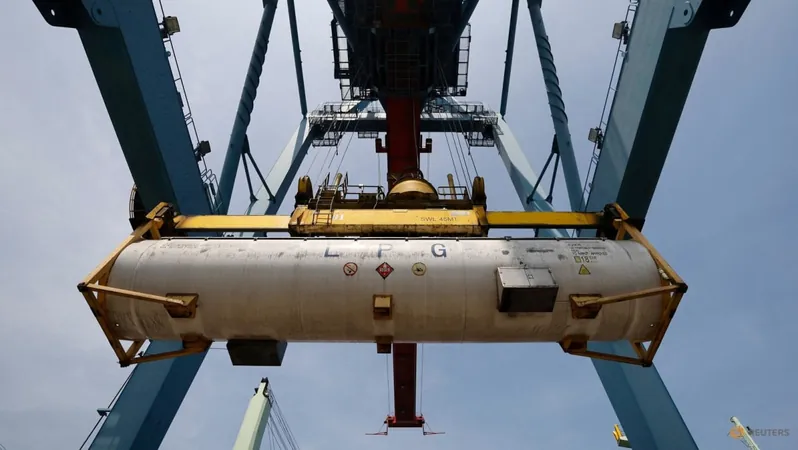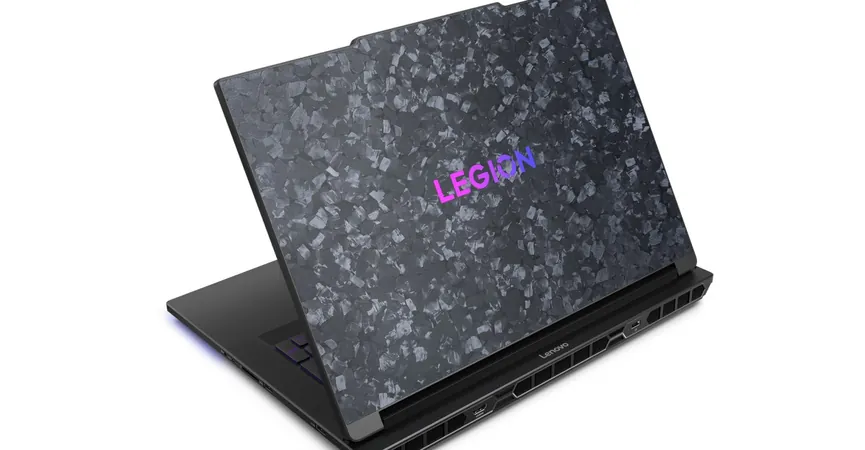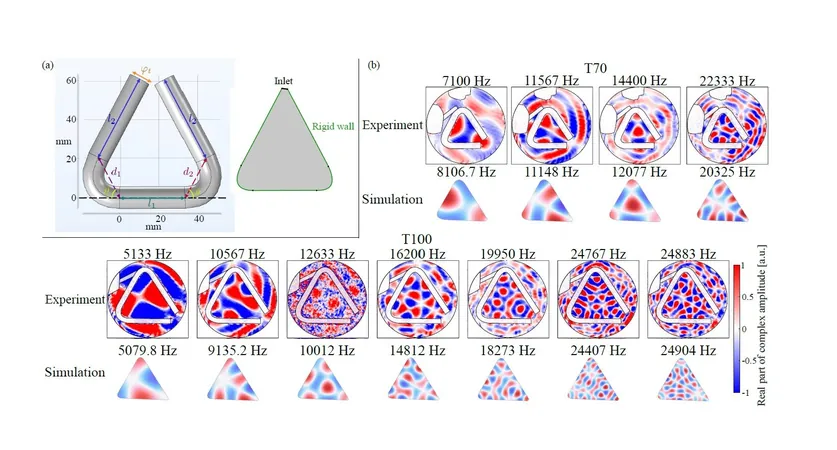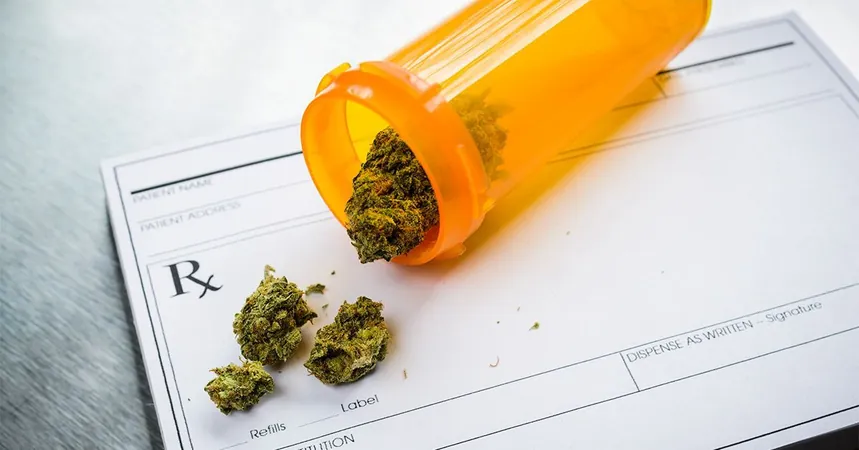
Indonesia's Bold Move: Boosting US Imports to Negotiate Tariff Relief!
2025-04-18
Author: Yu
Indonesia Steps Up for Tariff Talks
In a strategic maneuver to ease rising tariffs, Indonesia is set to significantly increase its imports of oil and gas from the United States. This announcement was made on April 18, with officials stating that negotiation talks are expected to wrap up within 60 days.
Chief Economic Minister Airlangga Hartarto revealed this plan following discussions with key US officials, including Secretary of Commerce Howard Lutnick and Trade Representative Jamieson Greer. Hartarto confirmed that Indonesia will ramp up purchases of various energy products from the US, such as liquefied petroleum gas, crude oil, and gasoline, during an online news briefing in Washington.
A Comprehensive Approach to Trade Relations
Not stopping at energy, Indonesia aims to continue its imports of critical agricultural products like wheat, soybeans, and soybean milk. This expansion emphasizes the country's commitment to strengthening trade ties with the US.
Looking ahead, Airlangga noted that the Indonesian delegation hopes to meet Treasury Secretary Scott Bessent next week, reflecting the urgency and importance of these negotiations. Indonesia has been recognized as one of the first countries to engage in these talks after the recent tariff announcements.
Tariff Tensions and Trade Deficits
The backdrop to this discussion includes a staggering 32% tariff imposed on Indonesia, put in place by the Trump administration's recent "Liberation Day" announcement. This was one of the highest tariffs in Asia, but, like many nations, Indonesia received a 90-day grace period to negotiate alternatives.
Airlangga confirmed that both nations have agreed to wrap up discussions within two months and that a framework for negotiations has been established.
A Shift in Import Duties
Adding to the positive momentum, Finance Minister Sri Mulyani announced plans to adjust import taxes on various goods, reducing rates from 2.5% to 0.5% for items like mobile phones and laptops. Additionally, import duties on US steel and medical equipment will drop to between 0% to 5%, down from the previous 5% to 10%.
This comprehensive strategy reflects Indonesia's proactive approach to international trade and its effort to foster a more favorable economic environment for American companies operating within its borders.
The Bigger Picture: A Call for Cooperation
As negotiations unfold, the potential for a more collaborative and less confrontational trade relationship between the US and Indonesia shines through. With a goods trade deficit of $17.9 billion in 2024, the time is ripe for both nations to explore mutually beneficial agreements that can enhance economic prosperity on both sides.



 Brasil (PT)
Brasil (PT)
 Canada (EN)
Canada (EN)
 Chile (ES)
Chile (ES)
 Česko (CS)
Česko (CS)
 대한민국 (KO)
대한민국 (KO)
 España (ES)
España (ES)
 France (FR)
France (FR)
 Hong Kong (EN)
Hong Kong (EN)
 Italia (IT)
Italia (IT)
 日本 (JA)
日本 (JA)
 Magyarország (HU)
Magyarország (HU)
 Norge (NO)
Norge (NO)
 Polska (PL)
Polska (PL)
 Schweiz (DE)
Schweiz (DE)
 Singapore (EN)
Singapore (EN)
 Sverige (SV)
Sverige (SV)
 Suomi (FI)
Suomi (FI)
 Türkiye (TR)
Türkiye (TR)
 الإمارات العربية المتحدة (AR)
الإمارات العربية المتحدة (AR)